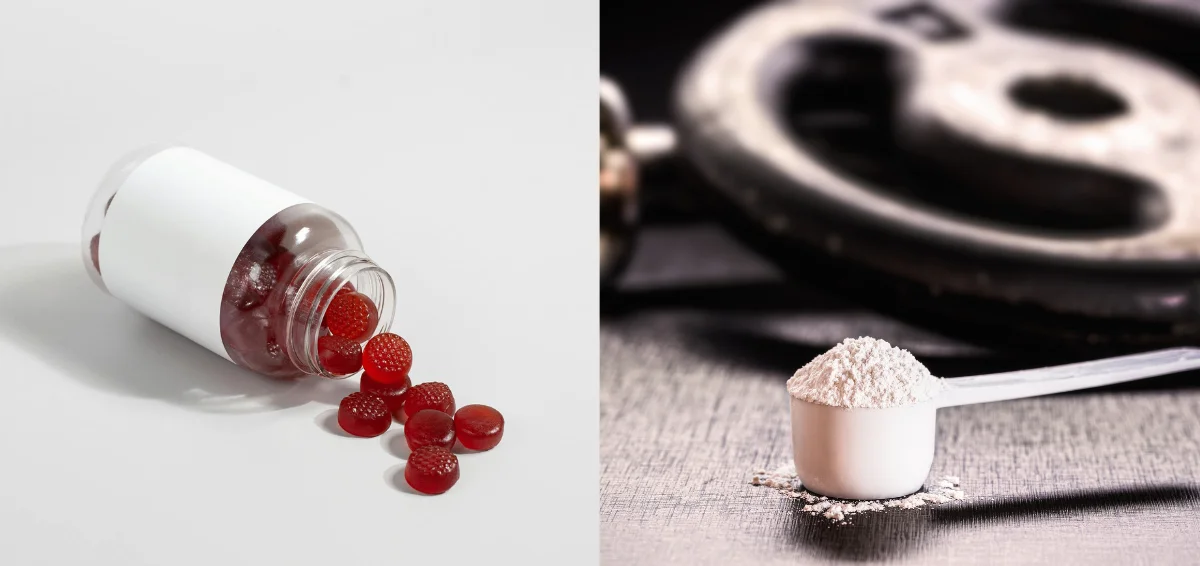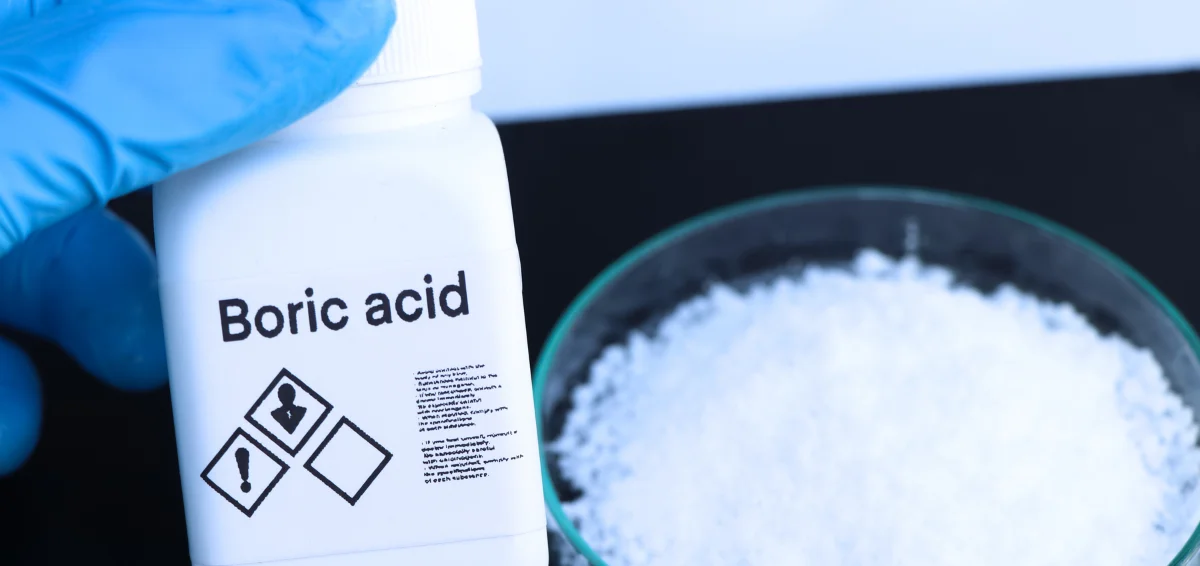
Gum disease can be painful. It isn’t a pleasant sight to see blood on your toothbrush or feel the tender swelling in the gum. Also known as periodontal disease, gum disease occurs due to the accumulation and hardening of plaque on the teeth and surrounding the gums. This plaque gradually turns into tartar, which, if left untreated, can cause permanent tooth loss.
Today, home remedies are available for almost everything. If you’ve been noticing early signs like gum swelling or redness and wondering whether you can cure the disease at home, we are here to give you some effective tips to address the problem.
Keep reading to learn how to cure gum disease without a dentist.
Must Read: What Happens If You Stop Using Fluoride Toothpaste?
Can You Treat Gum Disease on Your Own?
Home remedies cannot be trusted to fully cure gum disease. However, there are various natural products and techniques you can use to minimize the damage caused by the bacteria. Note that the options below aren’t scientifically backed to treat gum disease. However, many people have experienced positive results from them.
1. Coconut Oil Pulling
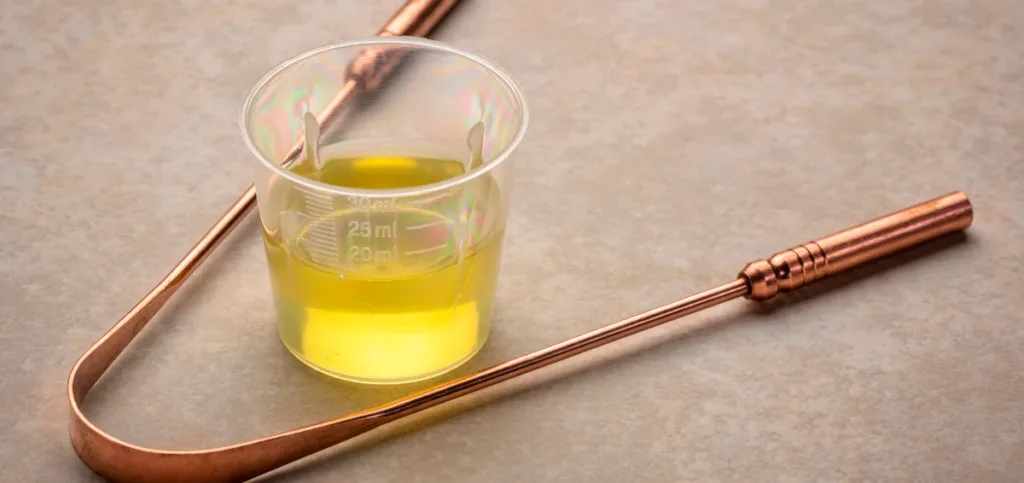
Coconut oil contains antifungal and antibacterial properties. It reduces harmful bacteria in your mouth and also cleans it. Coconut oil pulling is widely used to prevent gum diseases like gingivitis and bleeding gums. Here’s how to do it.
- Put one tablespoon of extra-virgin coconut oil inside your mouth.
- Swish the oil aggressively in every area of your mouth for five to 20 minutes. Do not swallow the oil.
- Spit out the oil into a trashcan. Do this every morning to enhance the health of your gums.
2. Drink Green Tea
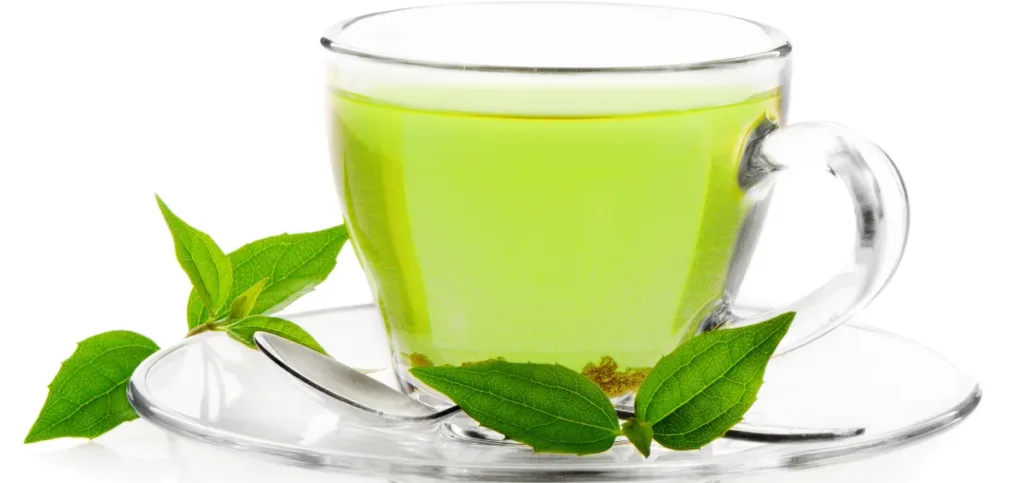
Green tea is rich in health-promoting flavonoids. Of all the home remedies, it is the most widely researched. It has been linked with promoting gum health by minimizing inflammation and limiting the growth of the bacteria associated with the diseases.
Drinking green tea regularly will supply your body with antioxidants that reduce the discomfort arising from gum disease. It combats the inflammatory response of your immune system to oral bacteria, which, in turn, lowers damage to gums. Green tea contains Polyphenols that hinder bacterial growth in the gums.
However, be sure to drink this beverage without added sugar, as it can hurt your teeth.
3. Use Sage
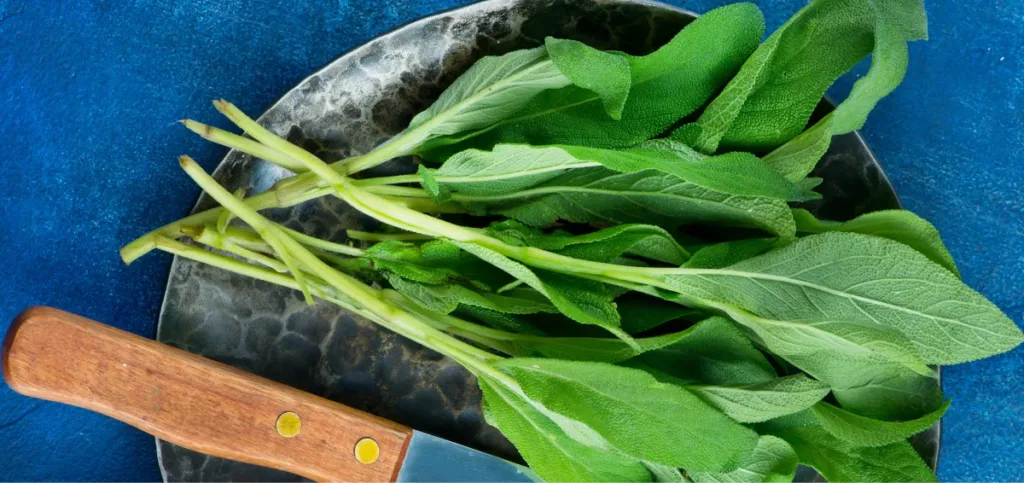
Sage is a herb containing more than 60 beneficial compounds and substances. Some of them decrease gum inflammation. Sage has antibacterial and antimicrobial properties that kill cavity-causing bacteria. It neutralizes microbes that cause dental plaque.
Sage can be used in various ways to enhance gum health. You can make tea from two tablespoons of fresh or dried sage and drink it to get relief from swollen or sore gums. Also, you can make a sage mouthwash by yourself at home. Brew the herb for a few minutes. Then let it cool for 10 minutes. Swish it in your mouth for 30 seconds, and then spit.
Another way to use sage as a mouth rinse is to mix three drops of sage essential oil with two cups of water. Squish the rinse in your mouth and spit it out after 30 seconds. Another option is to put a sage teabag on inflamed gums.
4. Rinse With Salt Water
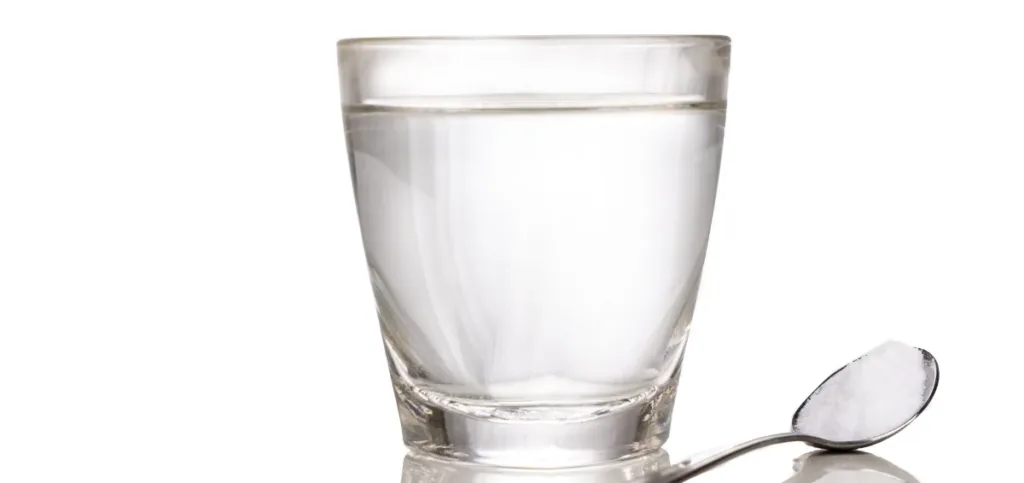
Salt is a natural disinfectant. It helps remove bacteria that cause gum infections and has anti-inflammatory properties. So, when you use it to rinse the mouth, it fully cleanses the infected area while soothing swollen gums.
If you are prone to gum inflammation and swelling, rinsing your mouth daily with salt water can help. Combine a teaspoon of salt water into a small cup of warm water. Rinse thoroughly around the mouth for 30 seconds without swallowing. Then, spit it out. Do this thrice in a day.
5. Lemongrass Oil
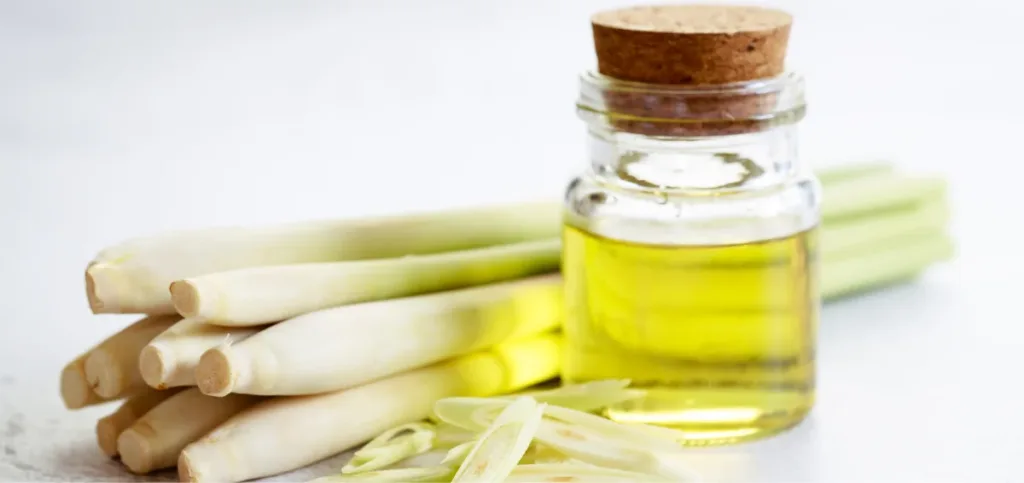
Lemongrass oil is another widely researched natural product. It contains citral epoxide, an active ingredient that fights against bacterial growth of Gram-positive bacteria. This type of bacteria is predominant in the oral cavity.
Using lemongrass oil as a mouthwash can prevent bacterial accumulation. The antioxidant properties of lemongrass oil help treat gum disease by increasing the level of thiol antioxidants. At the same time, it also reduces bacterial load.
To make the mouthwash, dilute 3 drops of lemongrass oil in water. Swirl around the mouth for 30 seconds and spit it out. Do this thrice daily to notice an improvement in gum health.
7. Use Turmeric
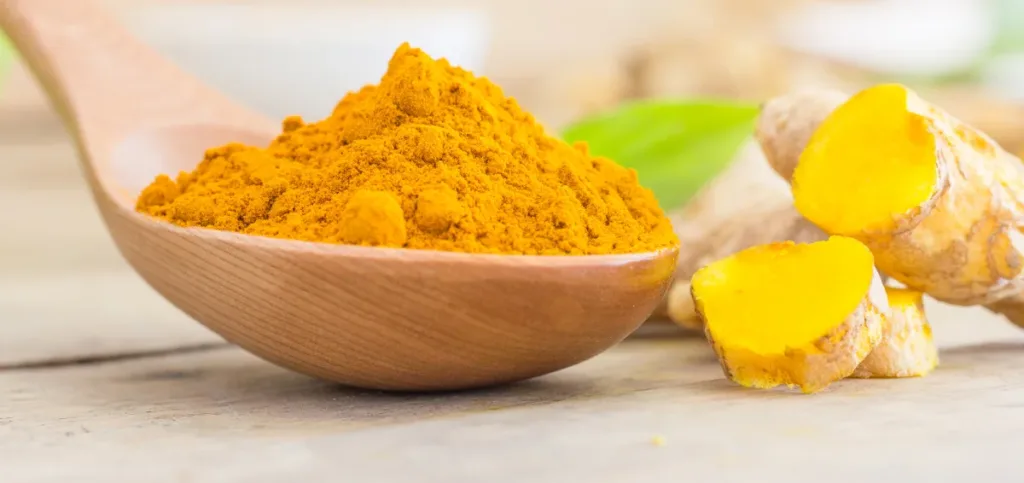
Turmeric has many antioxidants. It is also anti-carcinogenic, antimicrobial, and anti-inflammatory. Due to this, it is used to solve various dental problems. Turmeric helps ease gum inflammation and detect plaque. It is best utilized to manage the symptoms of gum disease.
One way to use it is to create a turmeric mouthwash. Boil turmeric powder, guava leaves, cloves, and water together. Let the mixture cool down. Then, swirl it around your mouth to reduce inflammation and relieve pain.
You can also massage your teeth with roasted turmeric powder. Another option is to use a turmeric paste. It is made using mustard oil and salt. Use this mixture to massage your gums and teeth twice daily. You will see positive improvement in the health of your gums.
Also Read: How Long Does Boric Acid Take to Dissolve?
Oral Hygiene Practices to Prevent Gum Disease
If you notice early signs of gum disease, such as red, swollen, tender, or bleeding gums, it’s important to start taking your oral hygiene seriously. Symptoms like persistent bad breath, receding gums, and formation of pockets between gums and teeth should alert you to take corrective actions. Follow these oral hygiene practices to prevent gum disease from advancing.
- Use a toothbrush with soft bristles and a small head for better manoeuvrability. Hold it at a 45-degree angle to your gums and brush in circular motions for two minutes.
- Use adequate floss, about 18 inches long, and wrap its ends around your middle fingers. Hold it tightly between your thumb and index finger and guide the floss between your teeth in a back-and-forth motion.
- Quit smoking. It restricts the flow of blood to your gums. This hinders them from effectively recovering from inflammation.
- Limit your intake of sugary foods and increase the consumption of fresh fruits and vegetables.
Summing Up
Curing gum disease at home is only advisable if you are at an earlier stage. Regularly using a suitable home remedy and following oral hygiene practices can reverse the disease’s progression. However, if you experience persistent gum disease or worsening of a specific symptom, it is best to seek professional help.


